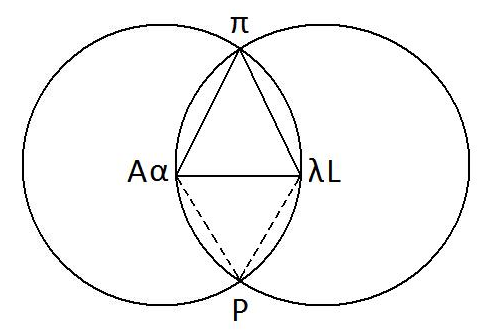 In a case that has now gone en banc, the plaintiffs in Torres v. S.G.E. Management, 805 F.3d 145 (5th Cir. 2015), alleged that they were victims of an alleged pyramid scheme about a multi-level marketing program to sell electricity. The district court certified a class, acknowledging that the plaintiffs could not show a common misrepresentation, but concluding that they could show a common failure to disclose the illegality of such a scheme. In other words, “Because it can rationally be assumed (at least without any contravening evidence) that the legality of the Ignite program was a bedrock assumption of every class member, a showing that the program was actually a facially illegal pyramid scheme would provide the necessary proximate cause.”
In a case that has now gone en banc, the plaintiffs in Torres v. S.G.E. Management, 805 F.3d 145 (5th Cir. 2015), alleged that they were victims of an alleged pyramid scheme about a multi-level marketing program to sell electricity. The district court certified a class, acknowledging that the plaintiffs could not show a common misrepresentation, but concluding that they could show a common failure to disclose the illegality of such a scheme. In other words, “Because it can rationally be assumed (at least without any contravening evidence) that the legality of the Ignite program was a bedrock assumption of every class member, a showing that the program was actually a facially illegal pyramid scheme would provide the necessary proximate cause.”
The Fifth Circuit disagreed: “[A]n investor could reasonably choose to knowingly invest in a pyramid scheme in the hope that they would make money. As we have already explained, a pyramid scheme provides an opportunity for those at the top of the pyramid to profit from their investments. While many of the Plaintiffs might have decided to invest in the scheme in the belief that it was legal, it is equally possible that many of the Plaintiffs chose to invest in the scheme in the belief that, legal or illegal, it provided them with an opportunity to make money.” Accordingly, because Plaintiffs had to establish reliance with individualized proof, the Court decertified the class.
A detailed dissent warned: “By erecting this barrier to class certification based on nothing more than the theoretical possibility of prior knowledge of illegality, the panel majority creates an insurmountable barrier in this circuit to future class certification of cases that claim the presence of an illegal pyramid scheme. But, even worse, because individuals who are duped into joining such schemes uniformly invest relatively few dollars, none will possibly be able to afford to litigate their individual claims separately. Absent the availability of a class action, there simply will be no possibility of court challenges to such pyramid schemes.”































